Philosophical and Anthropological Perspectives on Collective Trauma
The Cultural Embeddedness of Trauma
While traditional psychotherapy focuses on healing the individual psyche, many philosophical and anthropological perspectives suggest that personal wounds are deeply embedded in larger cultural traumas. From war and oppression to displacement and genocide, shattering societal ruptures leave scars that can endure for generations, shaping both individual and collective psyches. This article examines some key insights from philosophy and anthropology on how shared traumas impact cultures and are transmitted across time, and explores what a “cultural therapy” to mend these historical wounds might entail.
Existential Philosophy: Trauma as a Crisis of Meaning
Existential philosophers like Jean-Paul Sartre and Viktor Frankl saw trauma as a rupture in the belief systems that provide life with a sense of meaning and coherence. For Sartre, confronting the “absurdity” of a cruel universe could provoke a profound crisis of meaning, while Frankl, himself a Holocaust survivor, saw restoring a “why” to live for as essential for survivors. In The Myth of Sisyphus, Albert Camus argued that the central philosophical question is whether life has meaning in the face of an “unreasonable silence of the world.”
Mythology and Meaning-Making:
Myths, rituals, and beliefs help cultures endure suffering by weaving individual trials into larger narratives of meaning. But as mythologist Joseph Campbell observed, modern Western culture has undergone a “mythic dissociation,” losing the cohesive mythologies that traditionally helped societies integrate traumas. Individuals are left to construct meaning from fragmentary cultural narratives. Therapy then becomes a space for what existential psychologist Irvin Yalom called “meaning-making” – restoring a sense of purpose and coherence to trauma-shattered worldviews.
Epigenetics: The Embodied Inheritance of Trauma
The emerging science of epigenetics has revealed how traumas can leave molecular scars on the DNA of survivors that are passed down to future generations. Without altering the genetic code itself, extreme stress and hardship can cause durable changes in how genes are expressed, which can be transmitted to offspring. Research has found epigenetic traces of traumas in the descendants of Holocaust survivors, famine victims, and oppressed populations worldwide.
Oral History: Storytelling as Cultural Therapy
These scientific findings echo beliefs found in many traditional cultures – that we inherit historical traumas in our blood and bones. Oral history practices, like the storytelling rituals common in indigenous societies, may have emerged to help cultures collectively integrate these embodied traumas. The Native American scholar Jack Norton (Cherokee) has described such oral traditions as “living libraries” that contain “the very spiritual experience of the people.”
Cultural Complexes: The Cultural Unconscious
The idea of “cultural complexes,” developed by Jungian analysts Samuel Kimbles and Thomas Singer, proposes that the psychic life of groups is shaped by the emotional residues of historical traumas. Much like Jung’s “personal complexes,” cultural complexes can possess societies with powerful moods, activated by collective trigger points. Unresolved cultural traumas around race, gender, and religion manifest in individual psyches via what Joseph Henderson called the “cultural unconscious.”
The Ancient Roots of Cultural Therapy
Many ancient cultures recognized the need for collective healing practices after shared traumas. The classical Athenians saw staged tragedies like those of Sophocles and Aeschylus as cathartic purifications of cultural wounds, a perspective that influenced Freud and Jung. Aristotle’s Poetics described how tragedy could arouse intense collective emotions and trigger a healing release. Shared creative and spiritual practices to transform cultural trauma can be found worldwide, from traditional indigenous ceremonies to the Jewish mystical concept of tikkun olam, or “repairing the world.”
What Is Cultural Therapy?
So what might a contemporary “cultural therapy” entail? Examples are emerging of communal practices to help cultures digest historical traumas, from public memorials and storytelling projects to truth and reconciliation commissions. By collectively grieving losses and restorying historical wounds, these practices aim to play a tragic, cathartic function for the cultural psyche. Even individual therapy might strive to situate personal pain within larger historical contexts and draw on traditional methods of group healing.
Bridging the Individual and Collective
While modern individualism has brought many benefits, it may also cut us off from the collective practices that helped traditional societies bear historical traumas. A deeper understanding of the cultural and intergenerational roots of psychological wounds may help bridge personal and societal healing. As philosopher-poet Rainer Maria Rilke wrote in his Letters to a Young Poet, “We must accept our reality as vastly as we possibly can; everything, even the unprecedented, must be possible within it.” By encompassing both individual and cultural dimensions of trauma, therapy can expand its scope to the full breadth of the human inheritance.




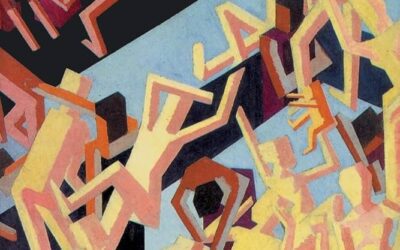
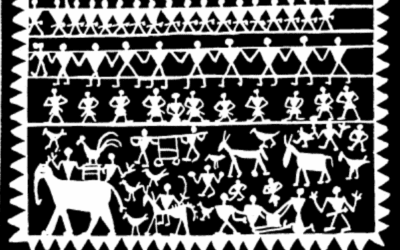

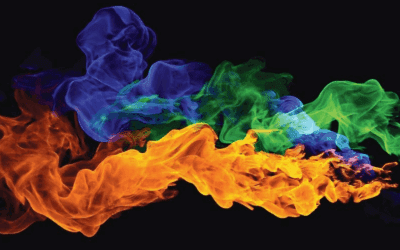

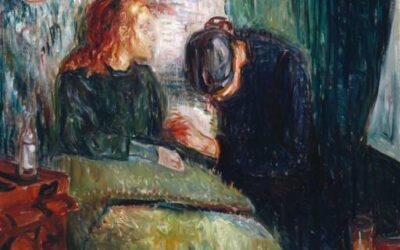


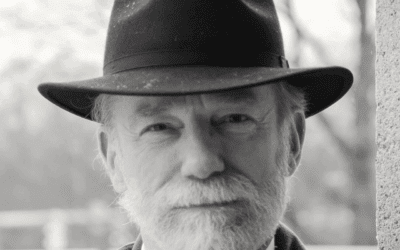
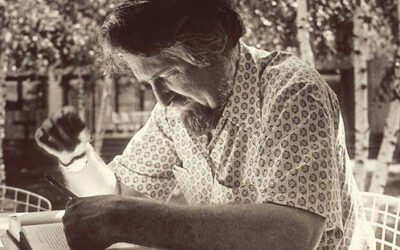
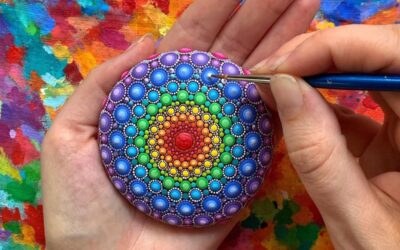
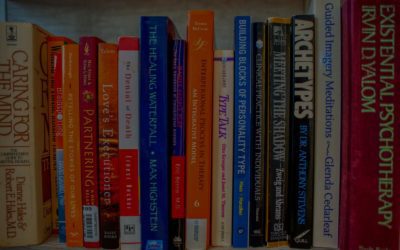

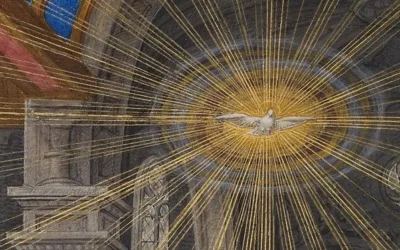

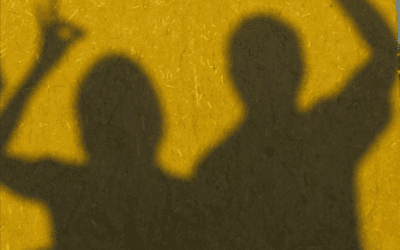
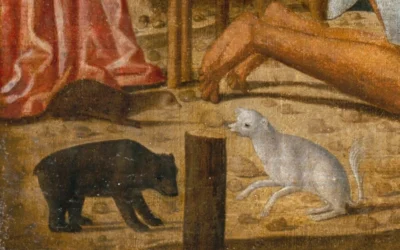



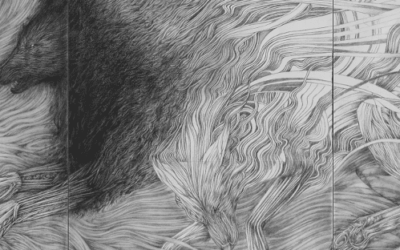

0 Comments